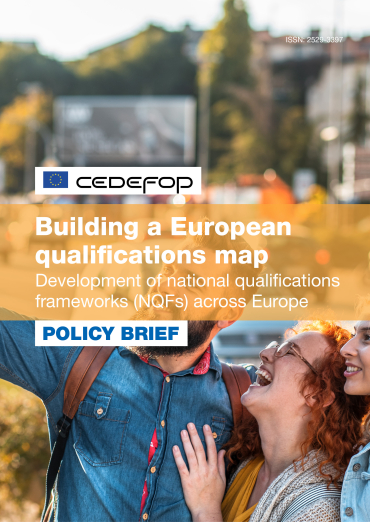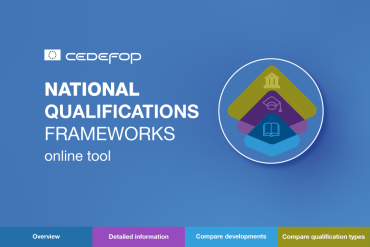Awareness of national qualifications frameworks (NQFs) has increased but more needs to be done to realise their full potential as a driver of change in education and training.
This was one of the main conclusions of a workshop organised by Cedefop on 21 March, which attracted some 200 policy-makers, stakeholders, experts and researchers, who discussed the latest developments concerning national qualifications frameworks (NQFs) and the European qualifications framework (EQF) and trends across countries participating in the EQF process.
During the workshop Cedefop presented key findings of its policy brief ‘Building the European map of qualifications’, and the main functionalities of the NQF online tool.
The main topics discussed included:
- awareness of qualifications frameworks among citizens and how they benefit from them;
- opening up frameworks to different types of qualifications;
- the extent to which NQFs accomplish their objectives and influence education and broader policies;
- success factors, challenges and future priorities in NQF implementation.
The exchange of views between participants led to a number of conclusions. Among them, the fact that NQF awareness has increased but there is room for improvement, particularly when it comes to end users (learners, employees, jobseekers, employers, labour market stakeholders) who are often those who are less aware of NQFs. In addition, NQFs ought to be made more relevant for labour market stakeholders.
Furthermore, the trend to include qualifications awarded outside formal education and training, as well as microcredentials, into NQFs has advanced, and more countries are planning to follow, while NQFs need to adapt to the changing circumstances and, to remain relevant, they have to be responsive to the challenges of rapid technological and societal changes.
A driver of change
It was also established that the EQF and NQFs are linked to other education and broader policies and can act as a driver of change, for example they have significantly contributed to promoting the use of the learning-outcomes approach in education and training. Their major impact is increasing transparency and comparability of qualifications across education subsystems and borders.
Cedefop Executive Director Jürgen Siebel pointed to the areas to which efforts should be dedicated to increase the NQFs’ positive impact:
- Further enhancing transparency of qualifications and learning outcomes
- Raising awareness of #NQFs among citizens
- Opening-up frameworks
- Better capturing the impact of NQFs
During the meeting, Cedefop collected many pertinent comments, reflections and ideas on the upcoming 2024 update of the European inventory of NQFs and is planning to strengthen its networking with countries further and support them in NQF implementation.


